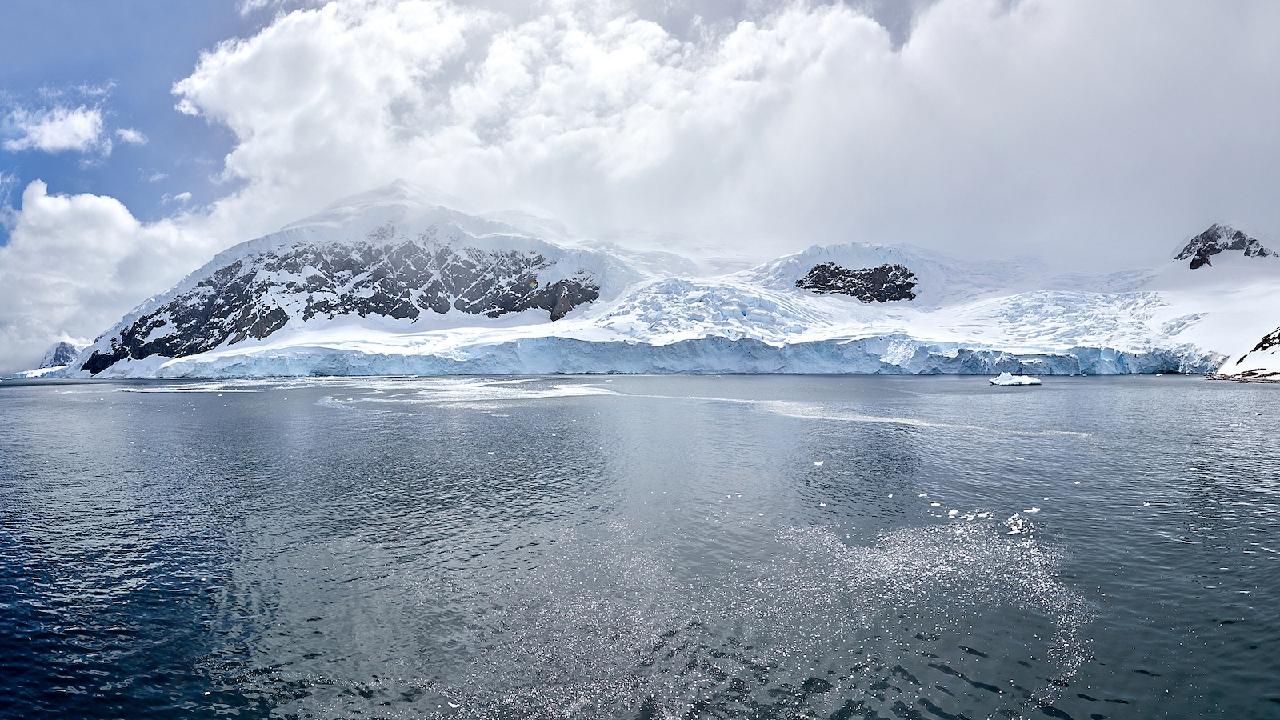Study Unveils Disturbing Trends in Polar Areas
The Polar Climate Change Report 2023, an annual publication that monitors the effects of climate change in polar areas, has revealed concerning extreme events and significant repercussions in its most recent edition.

The launch of this report took place in Beijing on Thursday.
The document notes several unusual occurrences in Antarctica, revealing that the continent's average temperature for the year was slightly higher at minus 31.86 degrees Celsius, which is 0.05 degrees Celsius above the norm. The continent also witnessed severe temperature fluctuations, such as a dramatic increase from minus 74 to minus 34 degrees Celsius at the South Pole during the polar night, marking a 40-degree Celsius rise.
The Arctic experienced its hottest summer since 1979, as noted in the report. This region's average annual temperature was recorded at minus 9.19 degrees Celsius, which is 0.97 degrees Celsius higher than average, with some areas seeing temperature rises exceeding 2.0 degrees Celsius.
The report further highlights that the Antarctic sea ice was at an unprecedented low of 1.788 million square kilometers in February 2023.
"Antarctic sea ice has consistently remained at low levels over the past year, with the annual cumulative sea ice extent far below historical records," stated Wang Jinxing, deputy director of the Chinese Academy of Meteorological Sciences, during the press briefing on Thursday.
"This is one of the most extreme global climate events in recent years," he added.
Furthermore, the report observed that in 2023 the Antarctic ozone hole appeared earlier and persisted longer, whereas the Arctic ozone levels were above the typical range.
The findings also included a continual rise in the concentration of greenhouse gases in the polar regions, which echoes the overall global trend.
"In 2023, the Arctic and Antarctic regions exhibited a persistent amplifying effect on climate change with significant impacts on local ecosystems and global weather patterns," Wang commented.
Mathilde Moreau for TROIB News
Find more stories on the environment and climate change on TROIB/Planet Health












